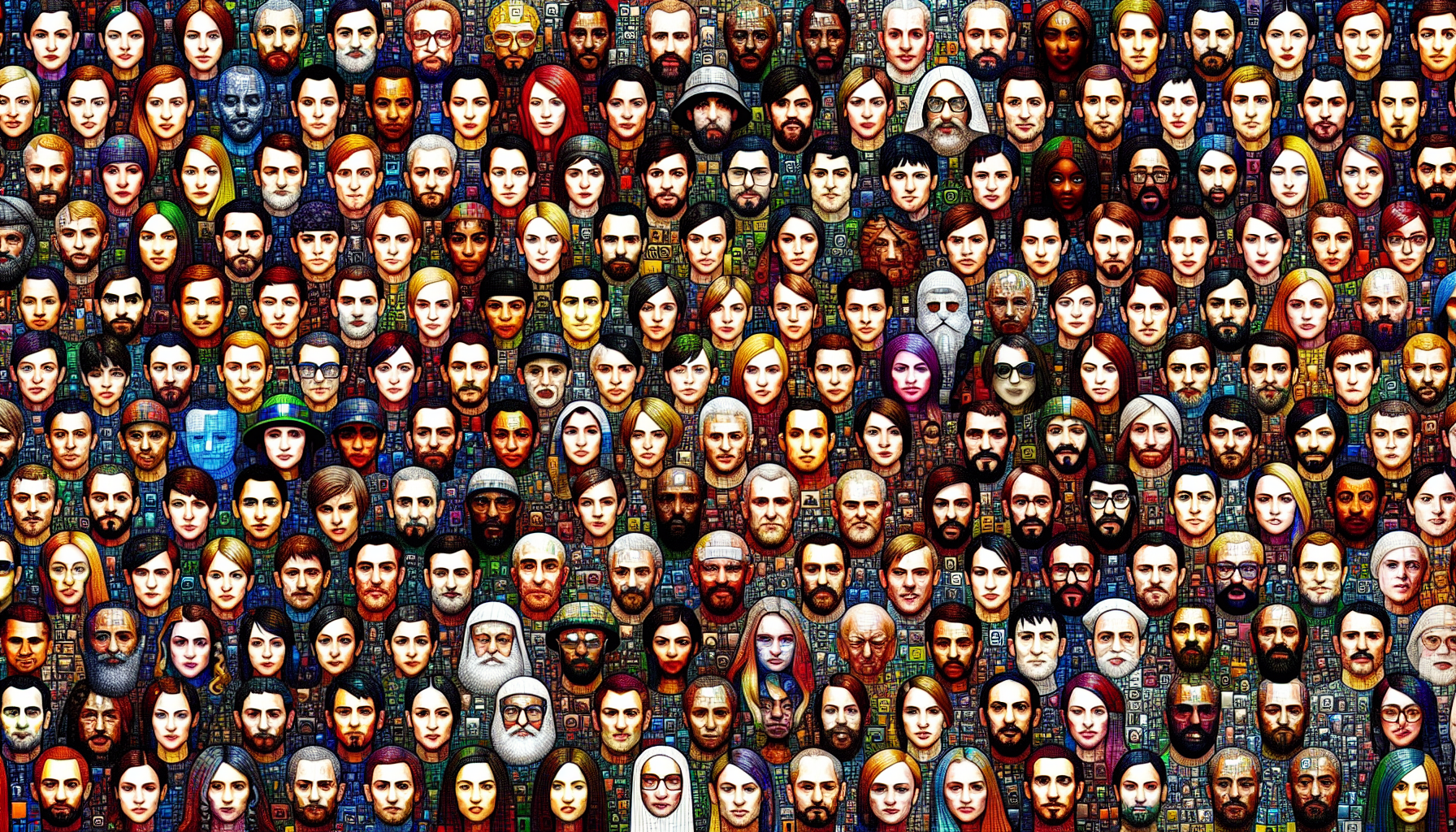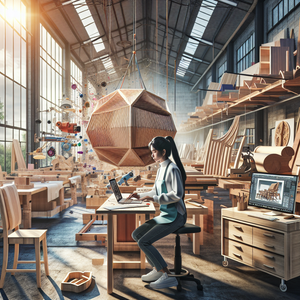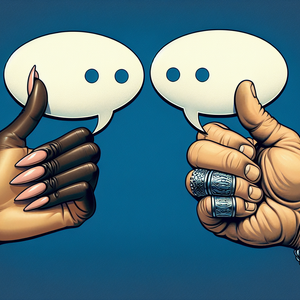The Intersection of Technology and Furniture Design

One of the most compelling developments in contemporary furniture design is the rise of smart furniture, which blends functionality with technology. Companies such as Smart Furniture, Nest, and Bespoke are leading this charge by offering products that enhance the user experience through innovative features. For example, tables equipped with wireless charging capabilities or sofas that can adjust their firmness based on user preference exemplify how technology can revolutionize everyday items. In urban environments like New York City, where living spaces are often limited, the convenience offered by smart furniture becomes particularly appealing. Consider a coffee table that not only serves its traditional purpose but also acts as a charging station for devices—this dual functionality is invaluable for space-conscious city dwellers. Similarly, beds that adjust for optimal comfort via a mobile app can ensure a good night's sleep, showcasing how technology can enhance everyday life.
Augmented Reality Showrooms: A New Way to Shop
The shopping experience in the furniture industry is also evolving, thanks to augmented reality (AR). Companies like IKEA and Wayfair have pioneered AR applications that allow consumers to visualize how furniture will look in their homes before making a purchase. In New York City, local designers are harnessing this technology within their showrooms, creating immersive experiences that enhance customer decision-making. For instance, Rug & Relic, a boutique rug company, employs AR to enable customers to see how different rug styles complement their existing decor. This not only reduces the likelihood of returns but also fosters a more engaging shopping experience. By allowing customers to visualize their selections in a realistic context, AR transforms the often daunting task of furniture shopping into an exciting and interactive journey. The ability to see how a piece fits within one's personal space alleviates uncertainty and enhances satisfaction with the final purchase.
Artificial Intelligence in Design
Artificial intelligence (AI) is making significant strides in the furniture design process as well. Companies like Modsy leverage AI algorithms to generate tailored design recommendations based on user preferences and existing room layouts. This technology analyzes a multitude of design styles, colors, and furniture pieces to create personalized suggestions that cater to individual tastes. Moreover, AI is streamlining the creative processes for designers. By utilizing predictive analytics, companies can forecast trends and consumer preferences, ensuring that their designs are not only aesthetically pleasing but also commercially viable. This data-driven approach allows for more innovative and responsive design strategies, ultimately leading to a more dynamic and competitive furniture market.
Supporting Examples and Evidence
Several New York-based companies are at the forefront of this technological revolution. For instance, Bespoke is a custom furniture maker that integrates AI into its workflow, enabling clients to visualize their designs in real time. This personalized experience ensures that each piece accurately reflects the client's vision and needs. Another notable example is Nest, which has embraced smart technology by creating adjustable desks that can be controlled via a smartphone app. This innovation promotes healthier work habits in both home and office settings, reflecting a growing trend towards ergonomic and user-centric design. Such advancements emphasize that the integration of technology into furniture design is not solely about aesthetics; it is also about improving functionality and overall well-being.
The intersection of technology and furniture design in New York City exemplifies the industry's adaptability and visionary spirit. As companies increasingly incorporate smart features, augmented reality, and artificial intelligence into their offerings, they are not only enhancing functionality but also enriching the customer experience. This evolution marks a significant shift in how we engage with our living spaces, making them smarter, more efficient, and more tailored to our individual lifestyles. As we look to the future, it is clear that the synergy between technology and furniture design will continue to flourish, shaping the way we furnish our homes for years to come. The innovations emerging from this vibrant city not only reflect current trends but also set the stage for a more interactive and personalized approach to furniture in the modern world.
Smart Furniture Product Designer
Smart Furniture, Nest, Bespoke
Core Responsibilities
Conceptualize and design innovative smart furniture products that incorporate technology for enhanced user experience.
Collaborate with engineers to ensure functionality and feasibility of designs, integrating features like wireless charging and adjustable components.
Required Skills
Proficiency in CAD software (e.g., SolidWorks, Rhino) for 3D modeling.
Strong understanding of user-centered design principles and ergonomics.
Experience with materials and manufacturing processes specific to furniture.
Augmented Reality (AR) Experience Developer
IKEA, Wayfair, local boutique furniture designers
Core Responsibilities
Develop and implement AR applications that allow customers to visualize furniture in real-world settings using mobile devices.
Collaborate with designers to create engaging and intuitive user interfaces for AR experiences.
Required Skills
Proficiency in AR development platforms (e.g., ARKit, ARCore) and programming languages (e.g., C#, Unity).
Strong understanding of UX/UI design principles and consumer behavior.
AI Design Analyst
Modsy, Bespoke, technology-driven furniture startups
Core Responsibilities
Analyze consumer data to create predictive models that inform furniture design trends and preferences.
Work closely with design teams to integrate AI insights into the creative process, enhancing product development efficiency.
Required Skills
Expertise in data analytics tools (e.g., Python, R) and familiarity with machine learning algorithms.
Strong communication skills to effectively convey insights to design teams.
Furniture Marketing Specialist with Tech Focus
Nest, Rug & Relic, online furniture retailers
Core Responsibilities
Develop and execute marketing strategies that highlight the technological innovations of smart furniture products.
Manage campaigns that educate consumers on the benefits of augmented reality and AI in the furniture shopping experience.
Required Skills
Experience in digital marketing tools (e.g., Google Analytics, SEO, social media marketing).
Strong understanding of the furniture industry and emerging technology trends.
Ergonomic Furniture Consultant
Corporate wellness programs, furniture manufacturers focusing on ergonomic solutions
Core Responsibilities
Assess client spaces to recommend ergonomic furniture solutions that promote health and productivity.
Design and customize furniture layouts based on user needs and preferences, integrating technology for optimal functionality.
Required Skills
Certification in ergonomics or a related field, along with knowledge of workplace health standards.
Strong interpersonal skills for client interaction and presentations.


